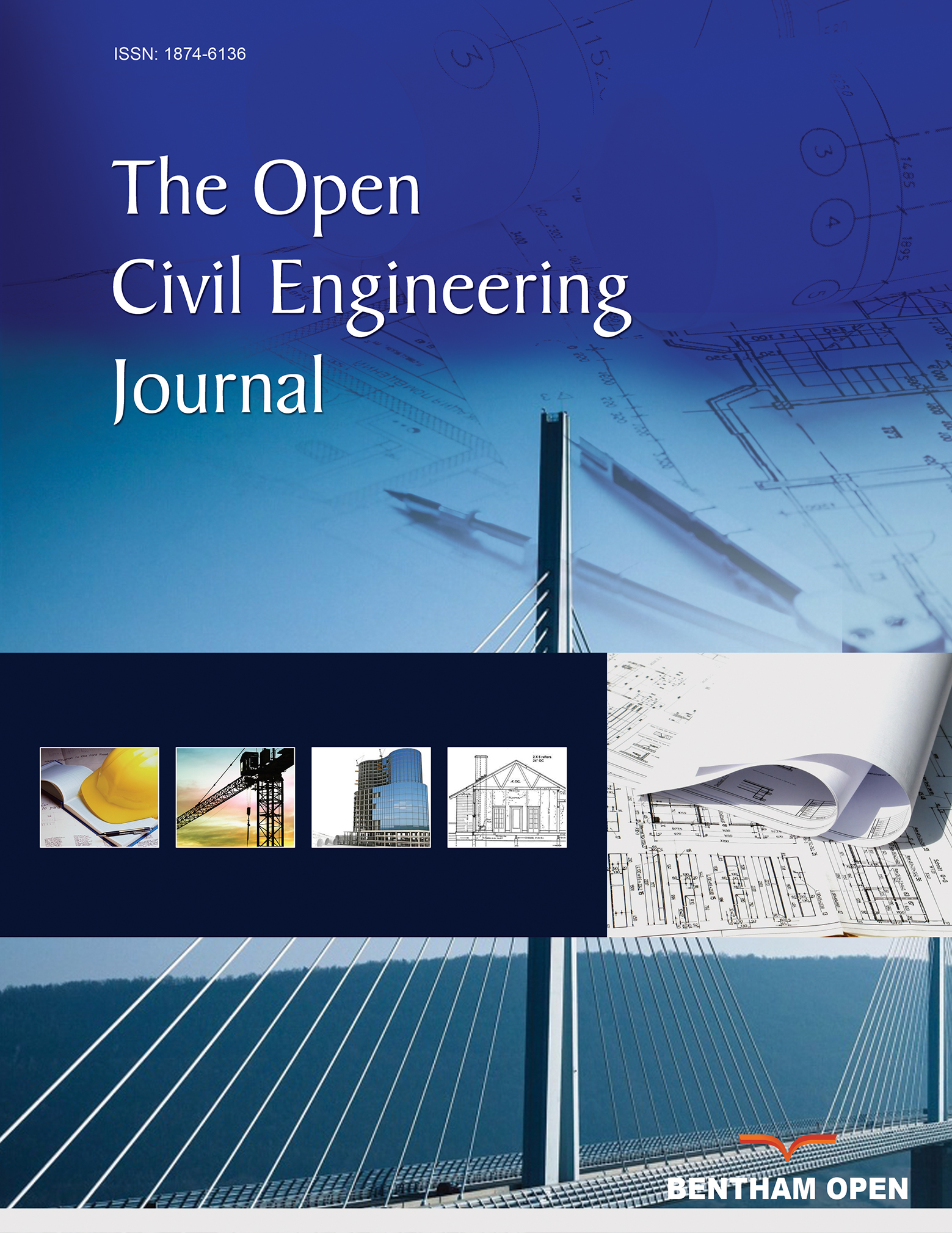All published articles of this journal are available on ScienceDirect.
Seismic Performance Evaluation of Boil-Off Gas Compressor in LNG Terminal
Abstract
Liquefied natural gas (LNG) terminals, one of the lifeline facilities, need to be protected by a proper seismic design against extreme earthquakes. An LNG terminal consists of a series of process facilities that are connected by pipelines of various sizes. Boil-off gas (BOG) compressor is one of the critical process facilities whose failure will cause the functional failure of the LNG terminal. Process facilities, including BOG compressor, other than LNG storage tanks and pipes, have not been a major concern in terms of the seismic performance evaluation. In this study, the seismic performance of a BOG compressor is evaluated and the seismic fragility functions are presented. An integrated system of a BOG compressor is modeled by a 3 dimensional finite element modeling scheme. A series of time history analyses are conducted to monitor the behavior of anchor bolts, one of the most critical elements in the BOG compressor. To develop fragility curves, a set of 20 ground motions are selected from a database of the historic earthquake accelerations. Fragility curves are developed based on the maximum likelihood estimation approach with respect to the strength limit states. When an earthquake load is applied to the BOG compressor, the main motor is likely to overturn and the flywheel is likely to slide, and, consequently, anchor bolts will be subjected to tension and shear force, respectively. It is concluded that the BOG compressor is safe against the design level earthquake


